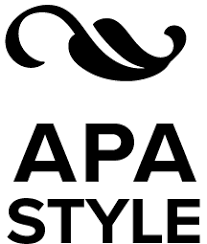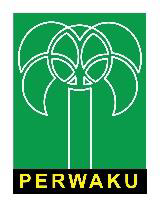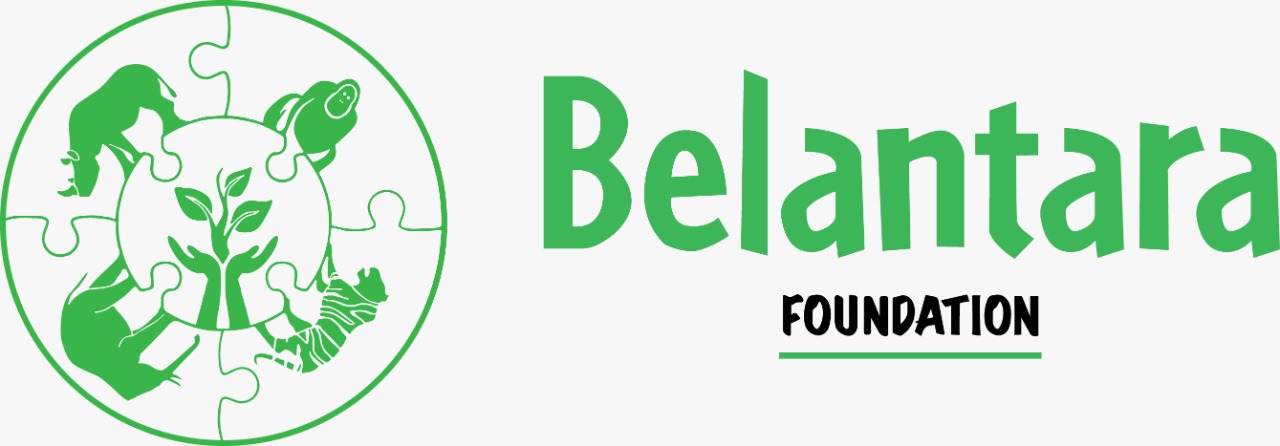Editorial Policies
Focus and Scope
Focus and Scope
The Indonesian Journal of Applied Environmental Studies (IJES) provides an effective forum for the dissemination of environmental research, encouraging interdisciplinary research collaboration to address the multi-faceted nature of environmental problems. It addresses all aspects of environmental engineering and applied environmental science. Full Research Papers (2,000-7,000 words) and Short Communications (200-2,000 words) are invited on topics relevant to the Journals focus, including:
- Main aspects of environmental sciences, such as environmental chemistry, environmental biology, ecology geoscience and environmental physics.
- Appropriate subjects include basic and applied research on atmospheric, terrestrial and aquatic environments pollution control and abatement technology, conservation of natural resources, environmental health study and toxicology, environmental quality assessment, environmental standards and criteria.
The Journal will not accept descriptions of new species, subspecies or other taxa.
Section Policies
Cover & Table of Contents
 Open Submissions
Open Submissions Indexed
Indexed Peer Reviewed
Peer Reviewed
Guest Editorial
 Open Submissions
Open Submissions Indexed
Indexed Peer Reviewed
Peer Reviewed
News, Notes & Events
 Open Submissions
Open Submissions Indexed
Indexed Peer Reviewed
Peer Reviewed
Articles
 Open Submissions
Open Submissions Indexed
Indexed Peer Reviewed
Peer Reviewed
Full Issue
 Open Submissions
Open Submissions Indexed
Indexed Peer Reviewed
Peer Reviewed
Peer Review Process
All manuscripts submitted to this journal must follow focus and scope, and author guidelines of this journal. The submitted manuscripts must address scientific merit or novelty appropriate to the focus and scope. All manuscripts must be free from plagiarism contents. All authors are suggested to use plagiarism detection software to do the similarity checking. Editors check the plagiarism detection of articles in this journal by using a Turnitin software.
The research article submitted to this journal will be double blind reviewed at least 2 (two) or more expert reviewers. The reviewers give scientific valuable comments improving the contents of the manuscript.
Final decision of articles acceptance will be made by Editors according to reviewers comments. Publication of accepted articles including the sequence of published articles will be made by Editor in Chief by considering sequence of accepted date and geographical distribution of authors as well as thematic issue.
Open Access Policy
This journal provides immediate open access to its content on the principle that making research freely available to the public supports a greater global exchange of knowledge.
Policy of Screening for Plagiarism
All manuscripts must be free from plagiarism contents. All authors are suggested to use plagiarism detection software to do the similarity checking. Editors check the plagiarism detection of articles in this journal by using a Turnitin software.













